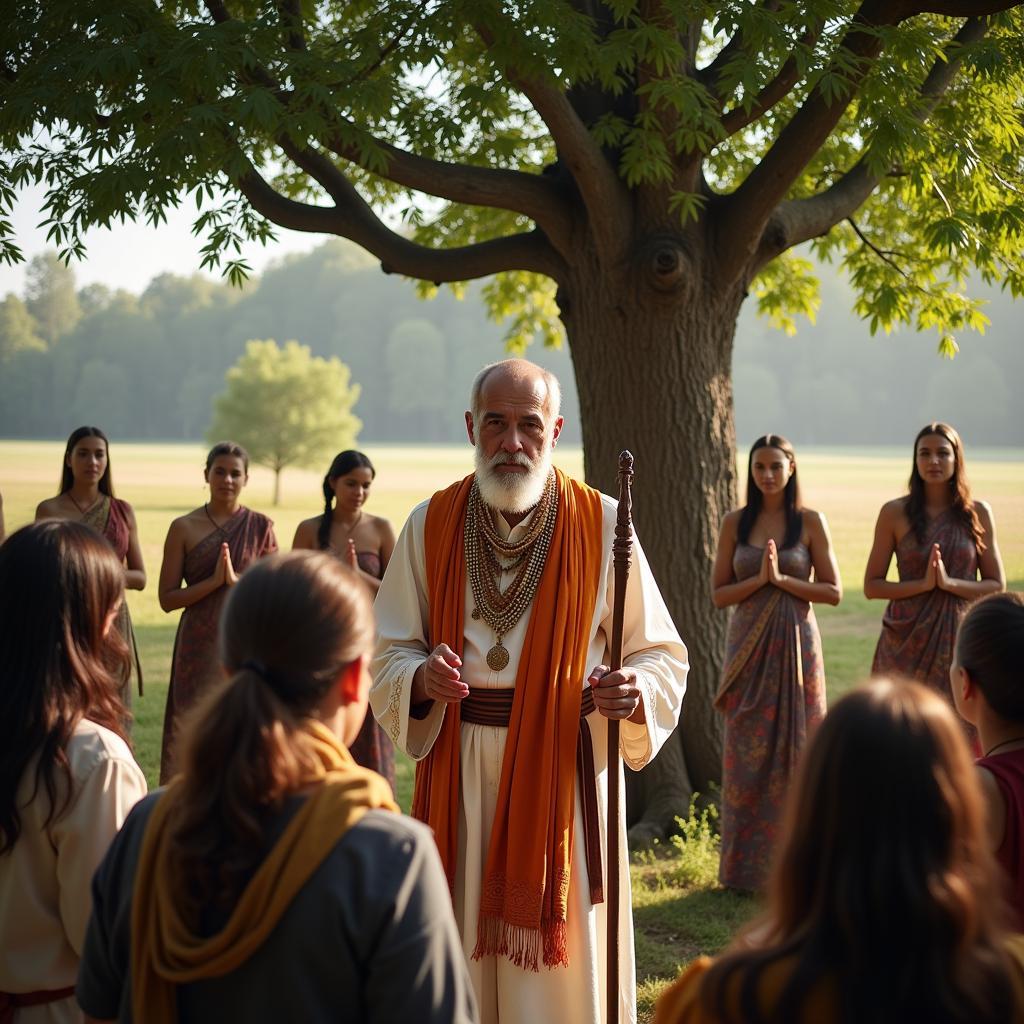The Fascinating World of African Culture: A Journey Through Art, Music, Cuisine, and Traditions
This blog post explores the vibrant and diverse culture of Africa, encompassing art, music, cuisine, and customs. Discover the richness of African heritage and the fascinating stories behind each element.
Art: A Tapestry of Expression
African art is a powerful medium of communication and expression, reflecting the values, beliefs, and experiences of different communities. From intricate sculptures and masks to vibrant textiles and intricate beadwork, African art reveals a wealth of cultural heritage.
- Traditional Sculptures: These often depict deities, ancestors, and animals, holding significant spiritual and symbolic meaning. The use of different materials like wood, ivory, and bronze showcases the artistic ingenuity of African communities.
- Masks and Costumes: Used in ceremonies, rituals, and festivals, masks and costumes play a vital role in African cultures. They are often used to represent spirits, ancestors, or animals, creating a visually stunning spectacle that connects people to the spiritual world.
- Textiles and Beadwork: The intricate patterns and colors found in African textiles and beadwork reflect a deep understanding of color symbolism and geometric design. These creations are often worn as garments, accessories, or used to adorn homes and religious spaces.
“The beauty of African art lies in its ability to connect people to their history, their beliefs, and their shared cultural heritage.” – Professor Olufemi Adebayo, Art Historian
Music: Rhythms of the Soul
African music is characterized by its rhythmic complexity, intricate polyphony, and use of traditional instruments. It plays a crucial role in social gatherings, ceremonies, and storytelling, bringing people together and expressing a range of emotions.
- Percussion Instruments: Drums are a central element in many African musical traditions, creating a foundation for complex rhythms and melodies. Other percussion instruments include xylophones, gongs, and rattles, each adding their own unique sound to the musical ensemble.
- Vocal Traditions: Singing is another prominent feature of African music, with various vocal styles that range from melodic chants to polyphonic harmonies.
- Modern Genres: Contemporary African music embraces a fusion of traditional and modern sounds, incorporating elements of jazz, pop, and electronic music.
“Music in Africa is not just entertainment; it’s a language, a way of life, a reflection of the soul.” – Dr. Njeri Kamau, Ethnomusicologist
Cuisine: A Feast for the Senses
African cuisine is as diverse as the continent itself, reflecting the unique ingredients, cooking techniques, and culinary traditions of different regions.
- Ingredients: Common ingredients include grains like millet, sorghum, and rice; legumes like beans and lentils; vegetables like greens, tubers, and fruits; and meats like poultry, fish, and game.
- Flavor Profiles: African cuisine is known for its use of spices, herbs, and aromatics, creating bold and flavorful dishes. From the fragrant spices of West Africa to the fiery chilies of East Africa, the flavors of African cuisine are truly unique.
- Cooking Techniques: African cuisine utilizes various cooking techniques including grilling, roasting, steaming, and stewing.
“African food is a celebration of life, bringing families and communities together around a shared table.” – Chef Amani Hussein, Culinary Artist
Customs and Traditions: A Tapestry of Diversity
African customs and traditions vary significantly across different regions, reflecting the diverse ethnicities and cultural influences that shape the continent.
- Family and Community: Family and community play a central role in African cultures, with strong emphasis on respect for elders, interdependence, and shared responsibilities.
- Marriage and Kinship: Traditional marriage customs often involve elaborate ceremonies, gifts, and negotiations between families. Kinship systems play a significant role in defining social roles and obligations.
- Ceremonies and Rituals: African cultures are rich with ceremonies and rituals that mark important life events, such as birth, death, marriage, and harvests. These events are often celebrated with music, dance, storytelling, and elaborate costumes.
“The traditions and customs of Africa are a testament to the enduring spirit of its people and the resilience of its heritage.” – Elder Ngozi Okoye, Traditional Storyteller
Conclusion:
The vibrant culture of Africa is a testament to the creativity, resilience, and ingenuity of its people. From its rich artistic traditions to its captivating music, diverse cuisine, and deeply rooted customs, Africa offers a fascinating journey of discovery.
Explore the world of African culture and appreciate the beauty and diversity that this remarkable continent has to offer.
FAQ:
-
Q: What are some of the most popular African art forms?
A: Some of the most popular African art forms include sculptures, masks, textiles, beadwork, and ceramics.
-
Q: What are some of the most common ingredients used in African cuisine?
A: Common ingredients include grains, legumes, vegetables, and meats.
-
Q: What are some of the most common traditional instruments found in African music?
A: Drums, xylophones, gongs, and rattles are common traditional instruments in African music.
-
Q: What are some examples of traditional African ceremonies?
A: Examples of traditional ceremonies include weddings, funerals, harvest festivals, and initiation rites.
-
Q: How can I learn more about African culture?
A: You can learn more about African culture by visiting museums, attending cultural events, reading books, and watching documentaries.

